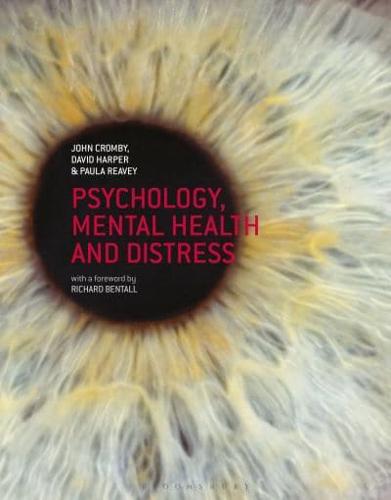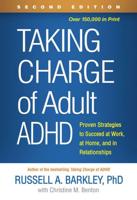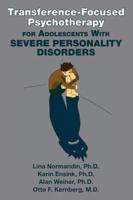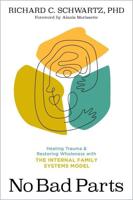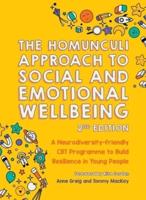Publisher's Synopsis
Is depression simply the result of chemical imbalances, or Schizophrenia a wholly biological disorder? What role do the broader circumstances of an individual's social, cultural and heuristic world play in the wider scheme of their psychological wellbeing?
In this ground-breaking and highly innovative text, Cromby et al deliver an introduction to the the biopsychosocial paradigm for understanding and treating psychological distress, taking into consideration the wider contexts that engender the onset of mental illness and critiquing the limitations in the sole use of the biomedical model in psychological practice. Rather than biologically determined or clinically measurable, readers are encouraged to consider mental illness as a subjective experience that is expressed according to the individual experiences of the sufferer rather than the rigidity of diagnostic categories. Similarly, approaches to recovery expand beyond psychiatric medication to consider the fundamental function of methods such as psychotherapy, community psychology and service-user movements in the recovery process. Offering a holistic account of the experience of psychological distress, this text draws upon not only statistical evidence but places an integral emphasis on the service-user experience; anecdotal accounts of which feature throughout in order to provide readers with the perspective of the mental health sufferer.
Taking an integrative approach to the psychology of mental health, the authors draw from a wealth of experience, examples and approaches to present this student-friendly and engaging text. This is core reading for anyone serious about understanding mental health issues and is suitable for undergraduate students taking introductory courses in psychology and abnormal psychology.


